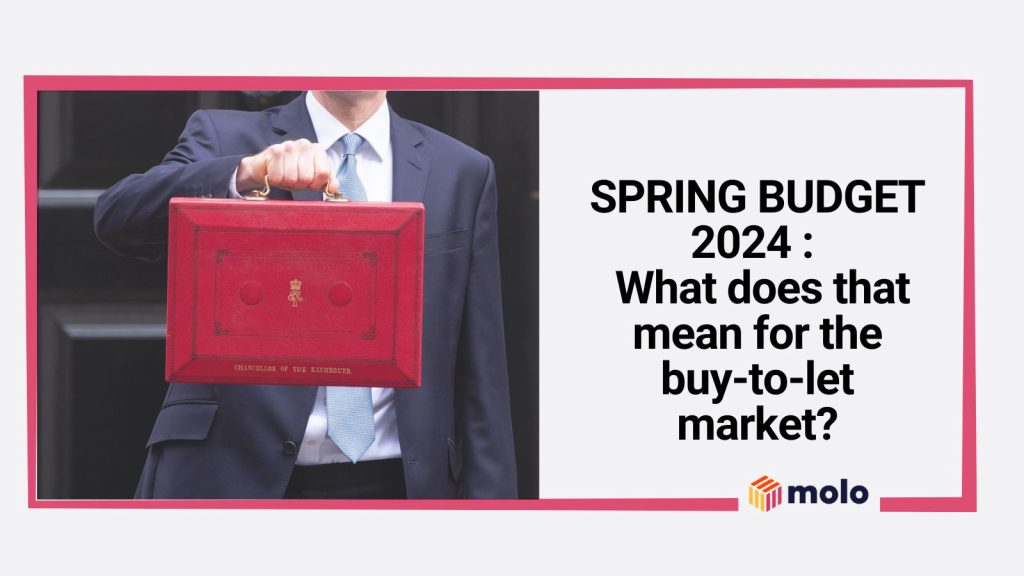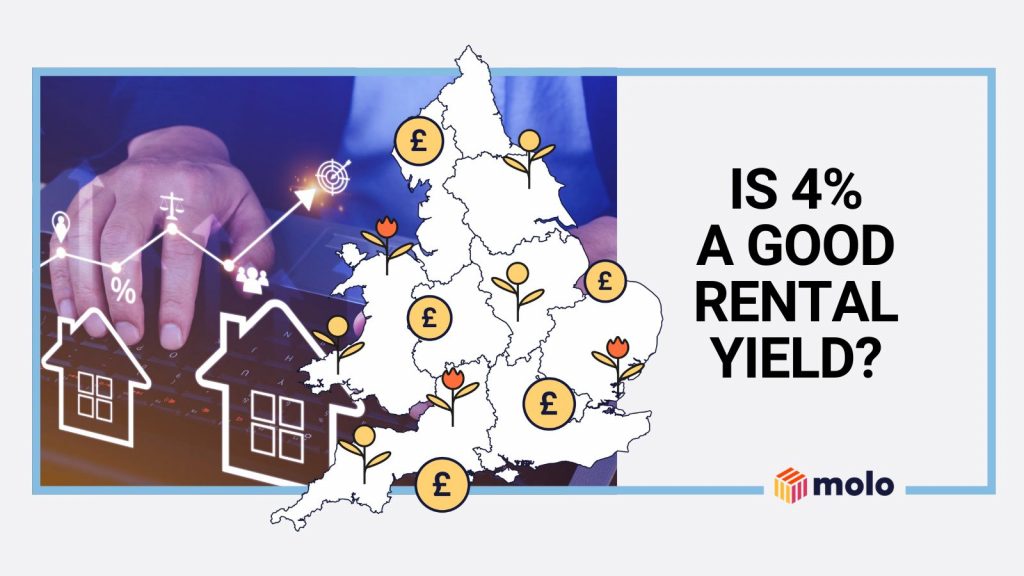Conveyancing is the legal transfer of property from one owner to another. But when you break it down, there’s a whole lot more to unpack, and it’s easy to see why people get confused about conveyancing. That’s why we’ve created this guide, which details the conveyancing process just for you.
What is conveyancing?
If you find yourself asking the question, “What is conveyancing?”, then you’re in the right place. Many components go into buying a property, from making an offer to the legal work required for the house purchase to go through. Part of that legal work is the conveyancing process, which is undertaken by a conveyancer or solicitor. Now, if you’re wondering what the difference is between a conveyancer and solicitor, the answer is, not much. There are lots of checks and balances that need to be done when you buy a property. Then you need to exchange the contracts for completion. All of those elements feature in the conveyancing process.
Conveyancing process
The conveyancing process is quite long, so let’s break it down into a more digestible format:
- Offer accepted on the property – because you can’t do much unless you’ve had an offer accepted
- Arrange your mortgage – a broker may be able to help you arrange a mortgage, or you can approach a lender directly
- Instruct a solicitor – this will be the person who handles all conveyancing on your behalf
- Legal work begins – your solicitor will arrange property searches on the property to make sure there are no issues. This is also the stage where you will process your mortgage application if you’re borrowing funds to buy the property
- Contract pack – your solicitor will contact the seller’s solicitor to obtain the contract pack
- Contract pack check – the solicitor will check the contract pack to make sure everything is in order. This will include things like the fixtures and fittings (if any) included in the sale
- Deposit arrangement – if you’re happy with the contract pack, on the exchange of contracts, your solicitor will arrange for the deposit to be paid
- Completion date set – you and the seller agree on a completion date for the purchase of the property
- Draft transfer deed – your solicitor prepares a draft transfer deed and completion information form and sends it to the seller
- Completion statement – if everyone agrees on the completion date, the solicitor prepares a completion statement and carries out pre-completion searches on the property.
- Mortgage completion – it’s around this stage where the solicitor will ask the mortgage lender to release the mortgage loan
- Completion – the buyer and seller set a date for the compilation, at which stage the property transfers ownership and you get the keys.
In a nutshell, your solicitor takes care of the entire conveyancing process, providing you with information about the property you’re purchasing and keeping you informed at every step of the way. Conveyancing is arguably the most important part of buying bricks and mortar.
Are conveyancers cheaper than solicitors?
There’s not much difference between conveyancers and solicitors, as previously noted. A conveyancer specialises in property law, while someone with the title of solicitor might be more well rounded.
When it comes to price, finding lower-priced solicitors or conveyancers comes down to the firm you instruct. And while it’s always great finding a good deal, you want someone who is capable of performing the job above all else (Molo can help here, and more on that later). Buying a property can be lengthy and complicated. The cheapest option might not be the best.
Can conveyancing be fast tracked?
The conveyancing process timeline takes, on average, between six to 12 weeks, and conveyancing is usually the lengthiest aspect. That’s because there are so many checks that take place, along with plenty of communication between your solicitor and the seller’s solicitor.
Sometimes patience is required during the conveyancing process: you may have an excellent solicitor, but the seller is taking longer than anticipated to respond to queries. Buying a property relies on more than one person. Therefore, any completion taking place before the 10 week mark is considered a success. And if you buy the place within six weeks, you could say that the conveyancing process was fast-tracked, as most properties don’t complete in such a short space of time.
Can you do your own conveyancing?
You can indeed do your own conveyancing if you know what you’re doing and are a qualified solicitor. But even legal professionals still instruct the help of others when they buy a home, especially as it’s such a personal purchase – even if you’re buying it as an investment.
If you have no legal experience, it might be worth leaving it to the professionals. There’s lots of legal jargon involved, and it will take up a considerable amount of your time. Sometimes the property checks contain hundreds of pages.
How are conveyancing fees calculated?
Conveyancing fees differ between purchases, and there isn’t usually a fixed fee conveyancing. This is mostly because the fees are based on multiple factors and may vary between sellers and buyers. Some of the aspects taken into consideration in regard to conveyancing fees includes:
- The price of the property
- Whether the property is freehold or leasehold (leasehold tend to be more expensive as there are considerably more checks involved)
- Whether you are buying or selling with a mortgage
- The age of the property (New builds tend to carry additional fees)
How much are conveyancing fees?
If you’re looking for a ballpark figure, expect to pay anywhere between £1,000 and £1,800 for conveyancing. However, the actual price ultimately comes down to specifics related to the property.
It’s also important to note that the stamp duty will be included in the solicitor’s quote, as you will need to pay stamp duty when buying a property. The duty doesn’t go to the solicitor, but they do make the payment to the government.
Buy-to-let conveyancing fee
- Competitive legal charges
- Choose across over 20 conveyancing firms
- Real-time updates and a personalised experience
What happens at the end of conveyancing?
The end of the conveyancing process means you’re nearing completion and can start to think about picking up the keys to the property, as the ownership will be transferred over to you via the land registry.
Conveyancing with Molo
At Molo, we make the conveyancing process simple through our partnership with LMS, the UK’s leading provider of conveyancing services. LMS provides technology-powered solutions to streamline every step of the process.
Easy quote comparisons
When applying for a Molo mortgage, you can easily explore conveyance profiles and view prices directly on our website. The LMS platform allows you to receive instant quotes at market prices, ensuring a clear breakdown of what to expect from any solicitor you choose.
Faster remortgaging
Our Rapid Remortgage timeline can guarantee your legal work is completed within 15 working days on eligible cases, avoiding delays that can trigger higher rates if you move onto the standard variable rate (SVR).
Complete visibility
The LMS app and web portal offer 24/7 case tracking and direct communication with your solicitor. You can log in and see live updates on progress and get real-time notifications.
Vetted specialists
Every conveyancer displayed on LMS must pass extensive financial and performance assessments, giving you peace of mind that your transaction is handled by a professional with expertise in working within tight timeframes.
Global experience
International clients can leverage the LMS platform, enabling solicitors to deliver exemplary service for cross-border purchases and remortgages.
LMS platform provider
Partnering with innovative platforms like LMS allows us to transform the traditional conveyancing process into a seamless, customer-centric experience and make the mortgage application process easier and hassle-free.
Buy-to-let conveyancing fee
- Competitive legal charges
- Choose across over 20 conveyancing firms
- Real-time updates and a personalised experience
Summary: Conveyancing clarity
Conveyancing plays a central role in the home-buying process, and using a reputable solicitor who can effectively explain the process will likely lead to a more efficient outcome. The conveyancing process should be clear and straightforward, allowing you to look forward to getting the keys to your new home.



